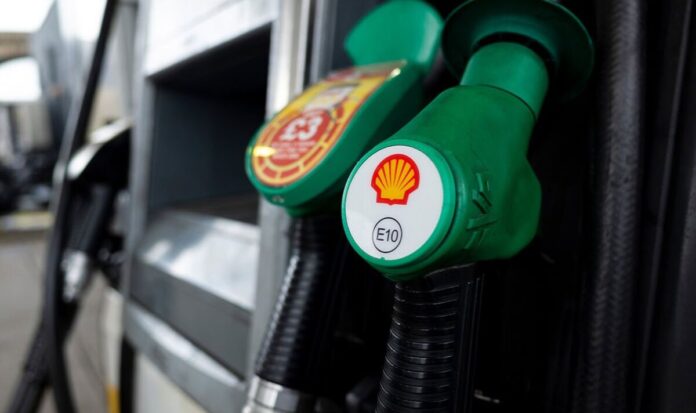YouTube mechanics, Lights Up Lights Down, said the new petrol will ’cause cracking’ and ‘lead to brittle behaviour on old seals’. They also explained that this was down to the properties of ethanol which is known to damage rubber and metal.The new petrol uses up to 10 percent ethanol instead of the five percent used in E5 fuel.Ollie, one of the mechanics at Lights Up Lights Down and an expert Mazda MX-5 restorer, said ethanol ‘pulls water’ into the solution which will ‘dry out’ rubber seals.He said: ‘Ethanol is known to really degrade rubber in exactly the same way and for the same reasons as metals.’It pulls the water out from any surrounding conditions into the actual solution itself.READ MORE: Elderly drivers should face ‘more frequent’ driving licence renewals E10 petrol could cause cracking and ‘dry out’ rubber seals. (Image: Getty)’Rubber or any composite form of it is an organic compound and gets quite a lot of its properties from its hydration nature.’When you take away the water from inside these materials, effectively what you’re going to do is dry out the rubber and cause cracking and any kind of brittle behaviour you see on old seals.’However, the experts also suggested that this already happens with normal petrol which is a ‘harsh chemical’.They explained that drivers do not need to do anything extra to keep their cars in good condition except for simple regular maintenance.DON’T MISS Petrol and diesel drivers warned of new Clean Air Zones in 2023 [WARNING] Thousands at risk of fines after having their number plates cloned [FINE] Drivers warned as millions set to avoid MOT test despite fines [INSIGHT] Ethanol ‘pulls water’ into the solution which will ‘dry out’ rubber seals. (Image: Getty) How to save fuel. (Image: EXPRESS)The RAC said this was more prominent over longer periods due to bioethanol’s ‘corrosive properties’.They confirmed owners of cars registered before 2002 should not use E10 fuel in their vehicles as problems have been reported from owners of older cars.Drivers have also been warned about using E10 in winter. Tom Hixon, Head of Instructor Support at Bill Plant Driving School, told Express.co.uk that some vehicles risk damage.He said: “There is growing speculation about whether opting for this fuel over E5 might cause increased damage to your car in the winter months.”The reasoning behind this concern is justified, as the increase to 10 percent renewable ethanol in E10 is likely to attract water to your vehicle.”This is a cause for concern as increased water vapour may lead to accelerated corrosion and damage to the vehicle’s system.”


